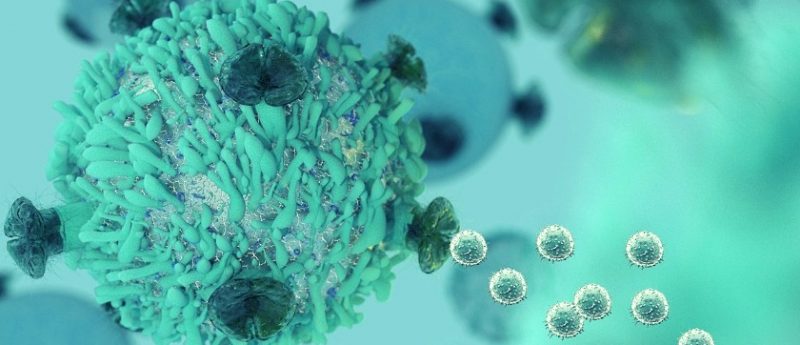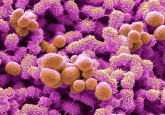What advances have been made in immune-therapy for renal cell carcinoma?

Renal cell carcinoma (RCC) is characterized by high immunogenicity, with a remarkable infiltration of immune cells, especially T cells, natural killer cells, dendritic cells and macrophages [1]. Before the advent of targeted therapy, cytokines including IL-2 and IFN-α were the standard of care in metastatic RCC (mRCC) treatment. Coppin et al. showed that IFN-α was associated with a small survival benefit (3.8 months) [2]. A retrospective analysis of seven Phase II trials testing high-dose IL-2 (HD IL-2) reported more durable responses in selected patients, with an objective response rate (ORR) of 14% including 5% of complete responses [3]. However, most responses were partial and treatment was associated with severe side effects, such as hypotension, capillary leak syndrome, fever, edema, renal failure, dermatologic rashes and neurotoxicity. Different trials with new tyrosine kinase inhibitors (TKIs) had IFN-α as comparator but also the association with IL-2 was evaluated.
Click here to view the full article in Future Oncology.





